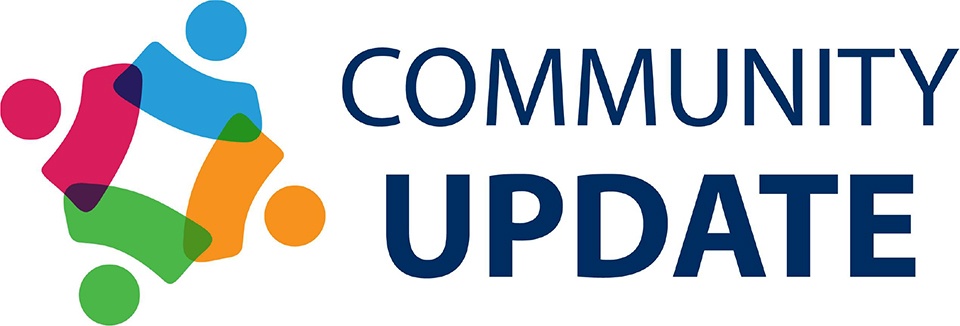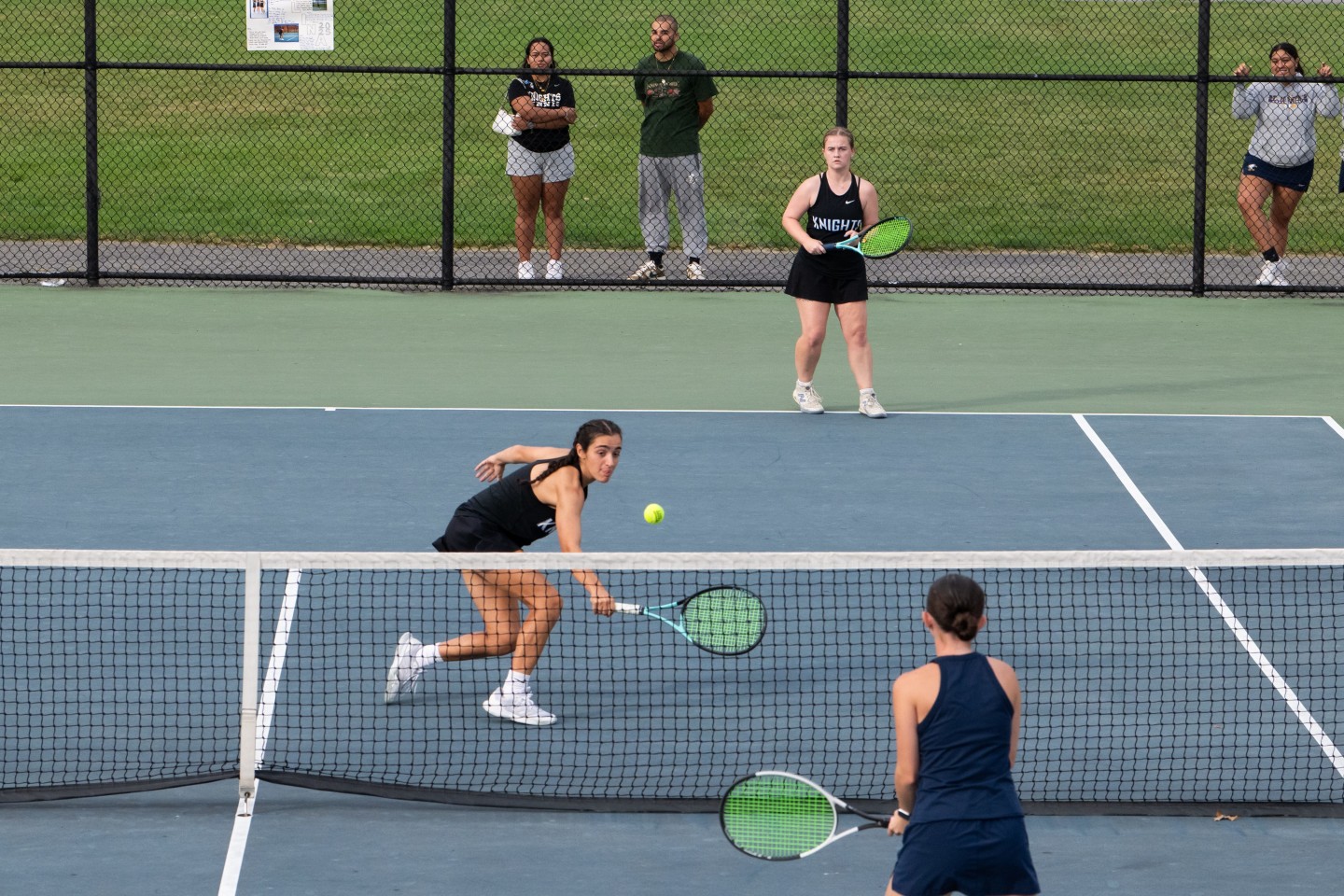Eligible Families Needing Child Care Assistance as Schools Open Remotely Can Apply Now

New Jersey Human Services Commissioner Carole Johnson today announced that applications are now open for the new COVID-19 child care tuition assistance program the Murphy Administration has created to help families with child care costs as schools open remotely.
The $150 million program will provide child care tuition assistance to New Jersey families with incomes up to $75,000 that are in need of either full or part-time child care due to their child’s remote learning schedule.
Families can apply for this assistance by completing the online application at www.ChildCareNJ.gov. Those applying will need proof of income and a notice or announcement from their child’s school of a remote learning schedule.
“The Murphy Administration is committed to helping working families during this incredibly challenging time by providing support to help address the unanticipated child care costs families face as schools open remotely or with hybrid schedules,” Commissioner Johnson said. “Many working families are struggling to work-from-home or be at essential jobs while their children are attending school remotely. This new program is here to help and we encourage eligible families to apply.”
Tuition assistance will be available through December 30, 2020 for eligible residents with school-age children, five to 13 years old.
Families may submit applications and Human Services will provide the tuition assistance to eligible participants until funding is exhausted. Recipients will be eligible for either full- or part-time support based on their families’ needs.
To learn more and apply visit ChildCareNJ.gov.
The tuition assistance is part of the $250 million plan announced last month by Governor Murphy to support working families and child care.
As part of that plan, the Department is also providing state child care subsidies for families with incomes below 200% of the federal poverty line during the school day for children aged five to 13 through December 30, 2020. Families that currently receive state child care subsidies for before and after school care for school age children are being contacted directly to identify their needs during the school day.
Child care providers will be paid the subsidy rate for school-age children based on the hours of care needed.
Human Services is also supporting child care centers that make it a priority to serve children receiving the child care subsidy by providing supplemental payments of $75 per subsidy-eligible child, per month, including infants, toddlers, and school-age children to providers through the end of the year.
And Human Services is making funding available to licensed child care centers and registered family child care providers in New Jersey that are open or will open by October 1st to manage added operational costs due to new COVID-19 health and safety guidelines. These funds will be available to nearly 6,000 child care providers in New Jersey with increased COVID-related costs, such as purchasing PPE and other supplies and materials, cleaning and sanitation, and other operational needs related to COVID-19 that are eligible expenses for the Coronavirus Relief Fund. Funds will be available through an application process that will open in the upcoming weeks through the New Jersey Child Care Information System (NJCCIS).
Since the start of the pandemic, the Murphy Administration has taken several steps to support child care for families and to support the sustainability of providers including:
Increasing investments in child care, including more than $125 million through two key actions: creating and funding State-subsidized emergency child care for essential workers at the peak of the crisis and having provided the State’s child care subsidy to centers based on prior enrollment throughout the spring and summer;
• Providing grants to child care centers and youth camps to assist in meeting COVID-19 related health and safety guidelines;
• Waiving parent co-pays in the State’s child care subsidy program for parents who requested it due to impacts from COVID-19; and
• Delivering personal protective equipment to emergency child care centers and family child care providers.







